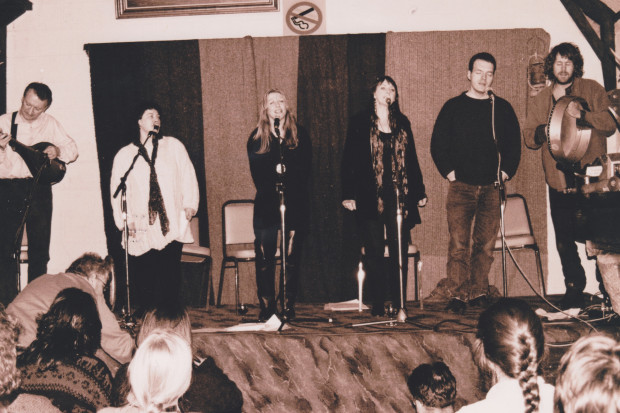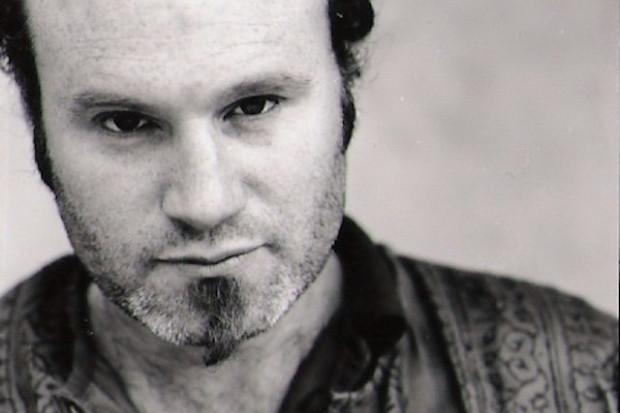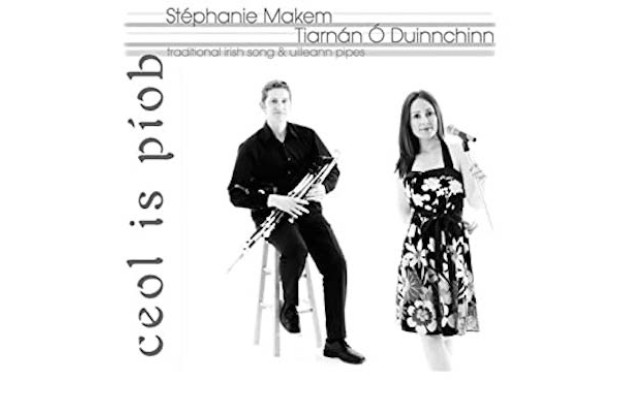Book: Tuned Out
Fintan Vallely
Tuned Out: Traditional Music and Identity in Northern Ireland
Cork University Press
Tuned Out is the story of Irish traditional music in Northern Ireland and its transformation there into a cultural form associated mainly with Nationalist identity. Protestant performers of the music have become somewhat of an endangered species – the gemeinschaft canaries of cultural politics in the North, feeling increasingly out of place in a state where many Protestants have begun to reject the very term ‘Irish’ as a label for any aspect of their identity. Tuned Out offers us their voices, stories and reminiscences about the music and its history in Northern Ireland. Along with presenting these voices, Fintan Valley very gently deconstructs the identification between culture, place and people, showing us how the music has emerged out of a history of continuity and exchange between performers in Ireland, Scotland, and further afield.
The cultural politics of identity present a challenging topic for investigation, because the very act of investigating ‘identities’ calls them into being. We identify so-and-so as a Protestant, a traditional musician, a native of County Antrim, and so on, and that very act of identification suggests a relationship between these things. But these necessary, investigative acts pale into insignificance in comparison to the power of institutions to regiment the meanings of cultural forms. Tuned Out leads us through a fascinating and complex history of this process, from the early (and usually Protestant) antiquarians, the Gaelic revival movement, the Gaelic Athletic Association, and the Orange Order, to more recent interventions by the likes of Comhaltas Ceoltóirí Éireann (CCÉ). Noteworthy are the explicit identifications made, in the context of the Troubles, by CCÉ between traditional music and the Nationalist political cause. Its director, Labhrás Ó Murchú – dubbed ‘Chairman Lao’ by Gary Hastings, is quoted as saying of Protestant musicians, ‘Isn’t it great to hear them playing our music?’ (p. 88). In riposte, throughout Tuned Out Vallely emphasises the complexity of the musical traditions of Ireland, the centuries of travelling musicians and singers labouring in Scotland, and the fact that entire aspects of the tradition, such as balladry and uilleann piping, have at times been the preserve of Protestant or even non-Irish musicians and singers.
The Protestant voices we hear in Tuned Out often speak of evasions of identity, of small everyday triumphs of confusion of categories – the trad session in the Orange Lodge, loyalist set dancers, and other wonders – as well as the successful confusion of categorisers – ‘being called a Fenian bastard and a Protestant bastard in the one night – in the same pub, all for playin’ traditional music’ (p. 34).
Useful chapters describe the history of social and class relations in the North, illuminating the role of class differences and urbanisation in transforming the meanings of traditional music, song and dance. We see the growth of identity politics in Northern Ireland in a long process of politicisation of culture, the growth of a binary logic of identification, and plenty of what could be called ‘tit for tat’ borrowing between what was rapidly being reconstructed as ‘two traditions’. The leftist promotion of ‘folk music’ and peasant nostalgia in the 1960s and 1970s, separating musical ‘identity’ from ‘who you are’ and linking it to ‘what you stand for’ provided a major impetus to linking musical and political stances, while also enabling their commodification. Thus we see the transformation of a range of musical and dance forms which have utilitarian values and don’t have to stand for social difference into tokens of ‘identity’ in a society where cultural forms are merely ‘symbolic’.
What happens to culture in such a society? Vallely gives a somewhat cynical description: ‘“Culture” is a cocktail of talent and imagination ruled by political preferences, state subsidy and commerce’ (p. 40). To his credit, he gives proper emphasis to talent, imagination, creativity and sheer enjoyment in the transformation in culture. There is a fascinating and less cynical view of culture lurking in Tuned Out, which is that which is heard by the musician, performer, enthusiast and audience, where ‘sound’ is the thing that really matters. It is as if we all participate in a single complex musical culture, but give it our own local ‘accents’. Thus we are shown a widespread and long term process of borrowing between societies, localities or ‘communities’ of song airs, lyrics and instrumental tunes, sometimes with only minimal reworking to ‘localise’ them. In this world, ‘sound’ is much more important than ‘origins’, as very subtle musical transformations and complex judgements of taste are made by performers and fans of the music.
Tuned Out would have benefited from a bit more than the seven pages of discussion of the Northern Irish state that we are given in Chapter 9, in light of the state’s institutionalisation of discrimination in schooling and place of residence, and its attempts to promote ‘cultural identities’ as alternatives to conflict, which obviously works powerfully both to exaggerate social differences and to identify these with cultural differences. Considering that Vallely’s fieldwork for Tuned Out was conducted primarily in 1992, it would be interesting to consider more recent Northern state interventions into identity and culture, such as the ‘Cultural Traditions’ discourse which promotes the doctrine of the arbitrariness of the sign – the debatable assertion that Nationalist ballads and Orange sashes are merely ‘symbols’ of identities which are fascinatingly different, and therefore to be treasured and exploited for their aesthetic and touristic values. The logical conclusion of these attempts would be the complete commodification of culture, with ‘identities’ becoming various fashion accessories that one can don and doff at will. One of the fascinations of Northern Ireland for the outsider is what seems to be an extreme resistance on the part of its population to seeing culture as arbitrary and essentially meaningless in this way.
Tuned Out will be valued for its concise and lively presentation of musical history, illuminating both the continuity and the slippage of identifications between musical forms and social categories.
Published on 1 August 2009












